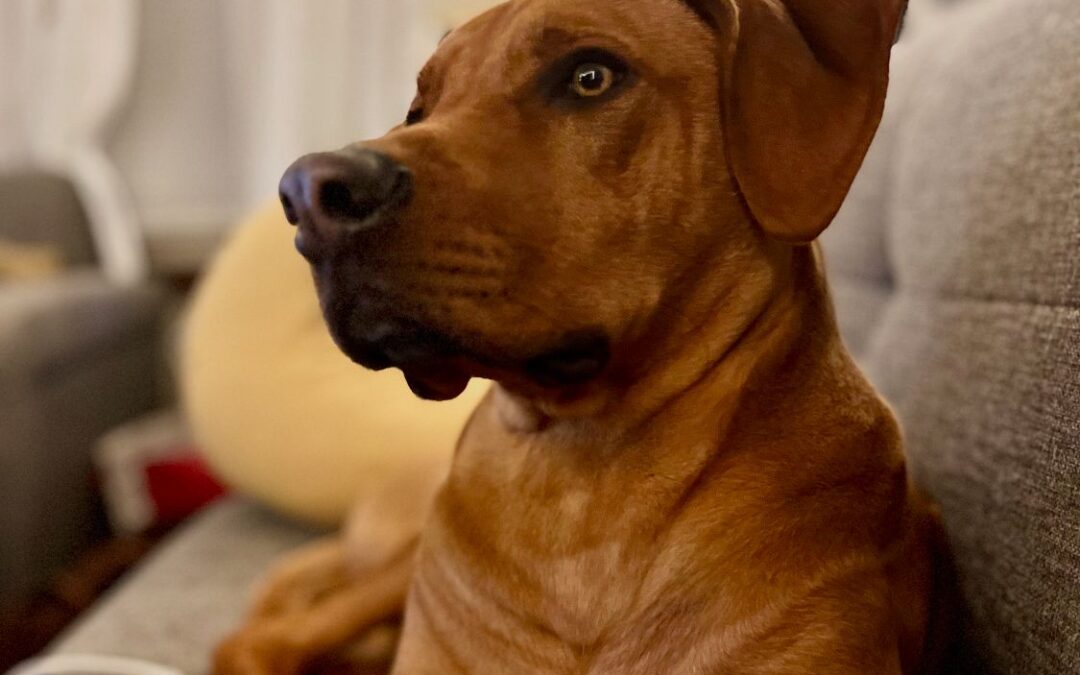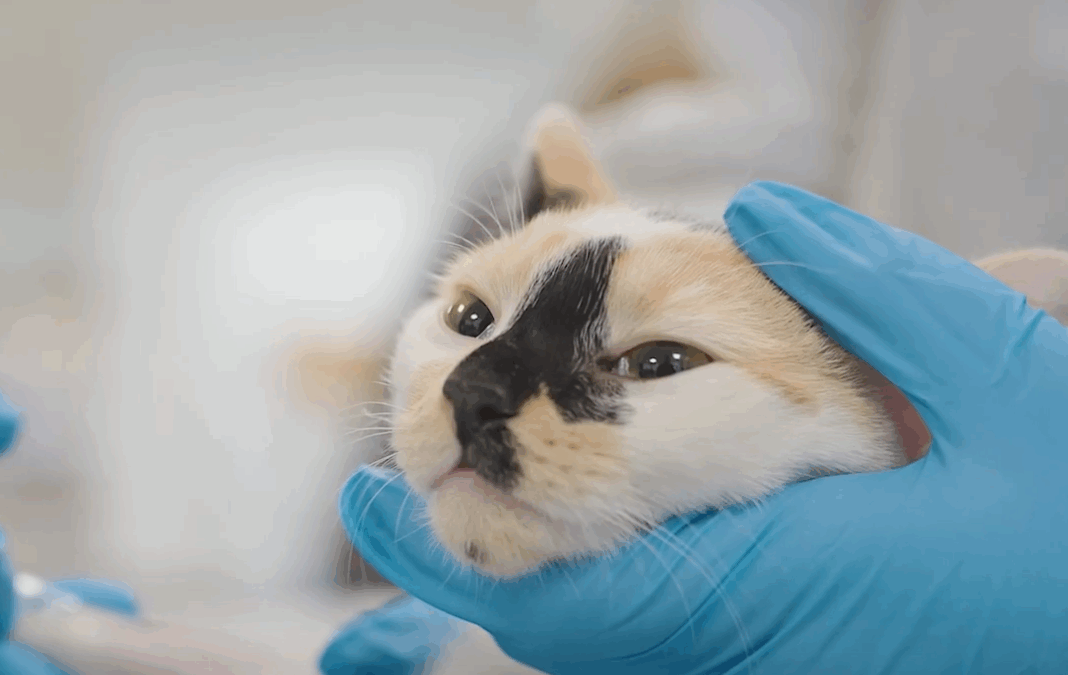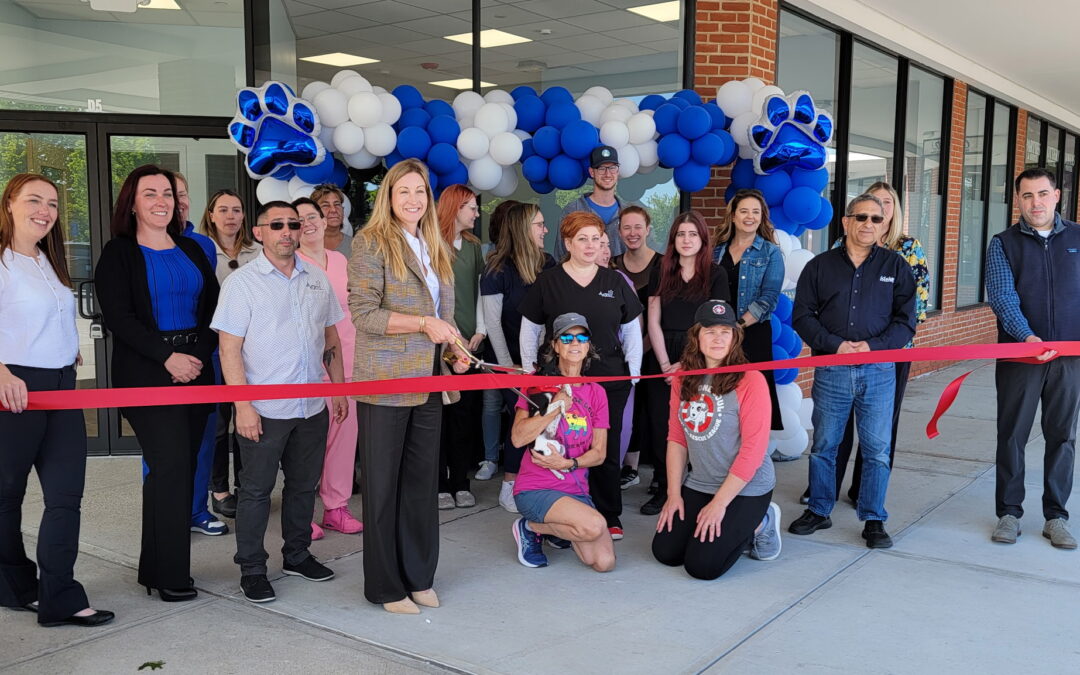Now that I’m a few months into having my new pup, Parsley, I get asked the question a lot by folks who also have younger animals…”When should I spay or neuter my animal?” It’s a great question, and it comes with so many different factors to consider. Personally, I plan on having my Parsley spayed around 7–8 months, as she has a malocclusion, meaning her teeth are not aligned properly, that may need to be addressed. Ideally, her surgery will be done before she has her first heat. There are many health benefits to performing a spay or neuter on your animal, including:
- Prevents unwanted pregnancy
- Eliminates the risks of pyometra (uterine infection), which can be life-threatening if not addressed immediately
- Decreases the risk of trauma, as intact males are particularly more likely to roam and be hit by cars
- Decrease of unwanted behavior like marking, excessive vocalization (particularly in female cats in heat), and unwanted advances towards other animals (be mindful that neutering your pet does not substitute for the need of adequate exercise and training!)
- Decreases the risk of mammary cancer in females, especially if done before the first heat (~6 months)
- Decreases of testicular cancer, prostatic enlargement and perineal hernias
That’s a lot of information to take in! But needless to say, there are many benefits to performing this procedure. As I mentioned before, I’m planning on this procedure for Parsley at 7–8 months. You should discuss all options with your primary care veterinarian beforehand, but here are a few general rules of thumb. In cats, it is typically recommended around 6 months in both males and females, and recommended before the first heat in females. In dogs, there are a few more factors to consider, and I recommend that you consult with your primary veterinarian before you decide on a date!
- In large and giant breeds, you can ask your vet if you should wait for the closure of their growth plates, and if your breed is more prone to osteosarcoma or torn cruciate ligaments.
- You should discuss if your female dog has a recessed vulva or if it is prone to urine dribbling/urinary incontinence, and how this affects timing of sterilization
- Deep chested dogs are prone to bloat, and you should discuss with your vet if a prophylactic gastropexy should be done at the time of surgery
- If your pet (dog or cat) has a heart murmur, determine whether a cardiology consultation is recommended
- If your pet (dog or cat) has misaligned teeth like my pup, or retained deciduous (baby) teeth, discuss whether any teeth need to be extracted
It really comes down to having a clear medical history of your animal, so schedule regular checkups and discuss all options with your primary care provider. If you need care for non-emergent injuries or illness, book online or view our hours before you walk-in at https://www.clockwisemd.com/groups/538. *Please note, hours differ by location.
-Katie Holmes, DVM, VUCC Quincy



